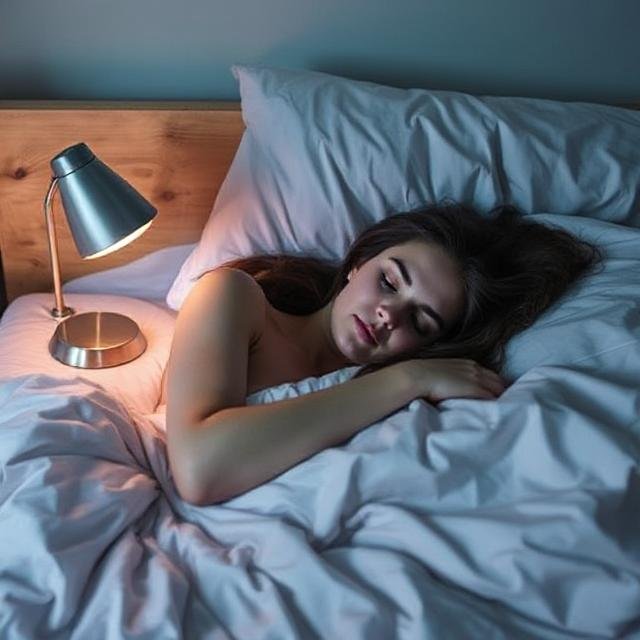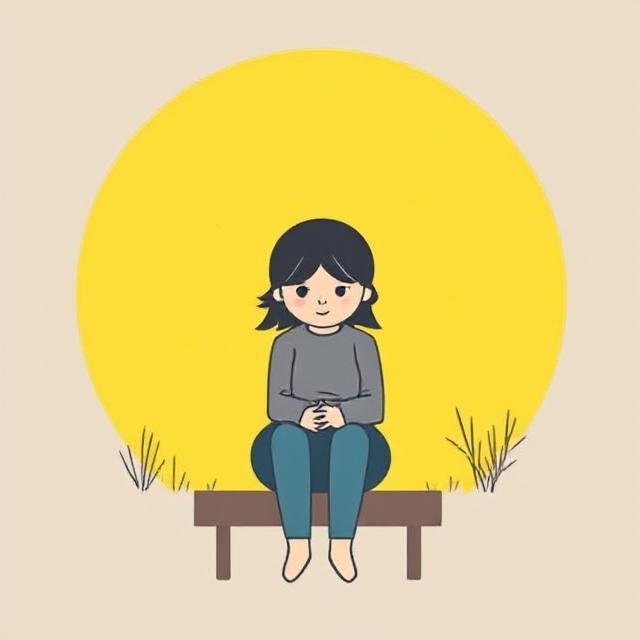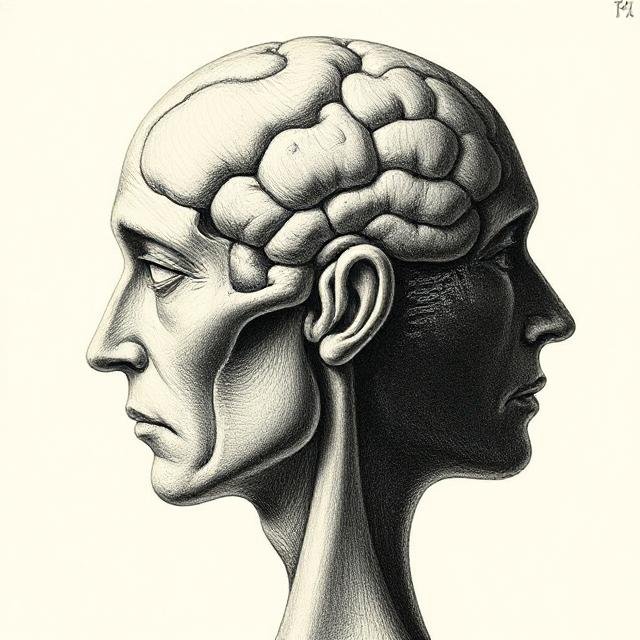The Connection Between Depression and Sleep
Sleep disturbances are one of the core symptoms of depression. In fact, around 75% of people with depression report significant sleep problems, ranging from insomnia to excessive sleep (National Sleep Foundation, 2024).
Poor sleep fuels depressive symptoms, and depression worsens sleep quality—a vicious cycle. Addressing sleep issues can significantly improve both mental and physical health.
How Depression Disrupts Sleep
Depression can affect sleep in several ways:
- Insomnia: Difficulty falling asleep, staying asleep, or waking too early
- Hypersomnia: Sleeping excessively yet still feeling fatigued
- Restless sleep: Frequent waking and tossing and turning
- Nightmares or disturbing dreams
Neurochemical changes in the brain during depression impact both mood and sleep-wake cycles. Stress hormones like cortisol can remain elevated, making it harder to wind down and rest.
Strategies for Coping With Sleep Disturbances
While sleep issues can feel overwhelming, practical steps can help break the cycle between depression and poor sleep.
Prioritize Sleep Hygiene
Good sleep hygiene creates the best conditions for restful sleep. Key tips include:
- Keep your bedroom dark, cool, and quiet
- Reserve your bed only for sleep and sex
- Avoid screens for at least an hour before bed
- Limit naps to under 30 minutes
Maintain a Consistent Routine
Going to bed and waking up at the same times daily—even on weekends—helps regulate your body clock. Irregular sleep schedules can worsen insomnia.
Limit Stimulants and Alcohol
Caffeine, nicotine, and alcohol disrupt sleep architecture. Avoid these substances in the late afternoon and evening.
Try Cognitive Behavioral Therapy for Insomnia (CBT-I)
CBT-I is a proven, first-line treatment for chronic insomnia and is particularly effective in people with depression (American Academy of Sleep Medicine, 2023).
CBT-I focuses on:
- Identifying unhelpful thoughts about sleep
- Reducing behaviors that sabotage sleep
- Gradually retraining sleep patterns
Studies show CBT-I can improve both sleep and depressive symptoms.
Practice Relaxation Techniques
Stress fuels insomnia. Try:
- Deep breathing
- Progressive muscle relaxation
- Meditation
- Gentle yoga before bedtime
These techniques help lower cortisol and quiet the mind.
Talk to a Healthcare Professional
If sleep issues persist, discuss them with a mental health professional or primary care doctor. Options include:
- Short-term sleep medications
- Adjusting antidepressant types or dosages
- Specialized therapies like CBT-I
Sleep disturbances should never be ignored, as they can signal worsening depression or other health issues.
When to Seek Professional Help
Seek medical help if:
- You can’t function during the day due to fatigue
- You feel hopeless or suicidal
- Sleep problems last longer than a month despite self-care
- Nightmares or panic attacks interfere with sleep
In the U.S., call 988 if you are in crisis or feeling unsafe with your thoughts.













